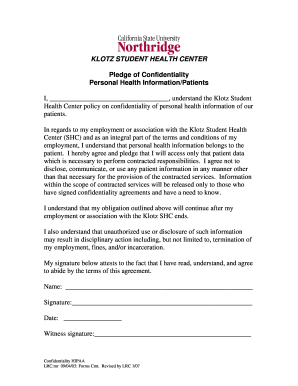

Under 45 CFR § 164.502(g), an individual may obtain medical records on behalf of someone else. Only one (1) extension period is allowed by law. If the initial 30 day period is not met they may extend for an additional 30 days only if they send a letter to the requestor stating why the transfer is delayed. The medical facility has 30 days to release the requested medical records. Therefore, if the requested information is not received within 5 to 7 business days the requestor should call or ask to know the status of the transfer. Modern medical facilities are typically aware that time is of the essence in regards to the records of an individual. The medical facility may charge a fee for sending the records, although, they are prohibited from charging for processing the request.

When sending the letter to the medical facility it is best to request how the record should be sent, examples include, an electronic document (PDF, Word), USB Flash Drive, CD, etc. Expiration Date – Usually a date is listed at which it expires for legal purposes.Record Types – Should only specific records be released about certain medical conditions or should all the patient’s records be released?.Time Period – What dates are authorized for release?.Releasor and Recipient – Who has the medical records and who will they be sending them to?.
HIPAA COMPLIANCE FORMS FREE DOWNLOAD HOW TO
Therefore, use the Standard Form and use the “ How to Write” section of this page in order to enter the specific fields required to complete. In order to legally request medical records, in accordance with 45 CFR 164.524(b)(1), the entity holding the records may require that the request is made in writing. (Video) What is a Medical Records Release Authorization Form?Īccessing and obtaining your medical records is a requirement under 45 CFR 164.524 which requires that any request made to access or transfer medical records must be completed within 30 days or a letter must be sent to the requestor stating why the records are delayed.



 0 kommentar(er)
0 kommentar(er)
